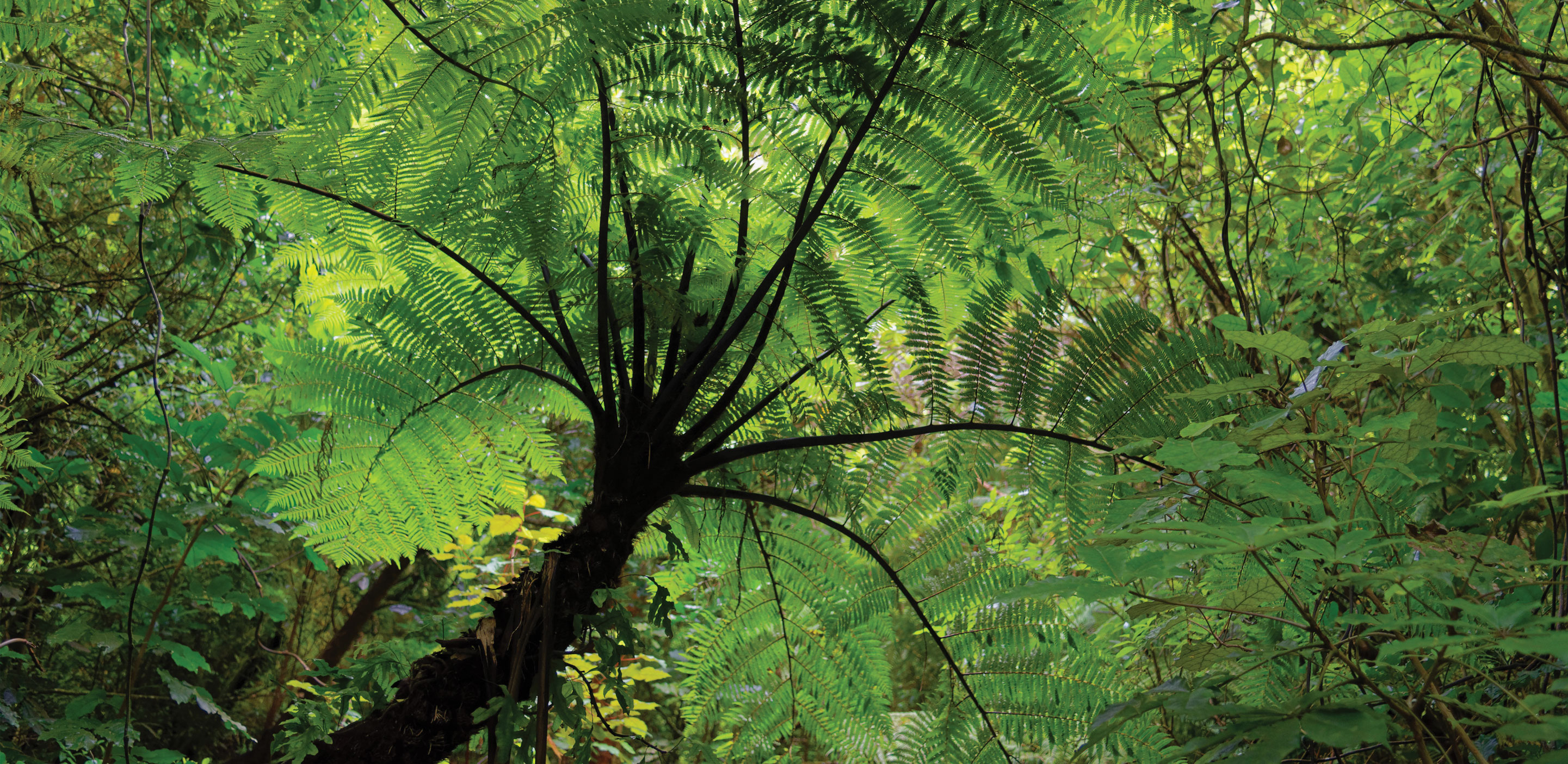Disability rights concepts
Disability communities emphasise the importance of challenging ableism in society, valuing diversity and being aware of difference. Assumptions about the interests and capabilities of disabled people, or ignoring their experiences, leads to invisibility. These assumptions continue to be made about the interests and capabilities of disabled people without communicating or seeking to understand them as individuals.
Exposing this ableism is essential to restoring the mana and wellbeing of disabled survivors. This includes addressing social, environmental, and systemic barriers that exist for disabled people, rather than seeing disability as a problem that needs to be cured or contained.
Part of restoring mana for disabled people, and removing the barrier of invisibility, is seeking to understand them as individuals, or the perspectives of the groups they belong to. It includes respecting disabled people as part of human diversity. It recognises that changes may be needed to recognise this diversity and ensure they can participate in all aspects of community life and all levels of decision-making.
Care and support systems, whether for restoration for past abuse, recovery from mental distress, or for enabling better lives, are needed, as are systems for keeping people safe. To ensure abuse is not repeated, the systems that enabled it need to be transformed. These changes would ensure the inclusion of disabled people and allow them to meaningfully participate in various aspects of community life.
Some phrases used by the disability community to describe their experiences and transformative change are:
- “Out of sight, out of mind” describes the worst aspect of the invisibility of disabled people being segregated into institutions, hospitals, group homes, special schools and units, day services and sheltered work environments.
- “Who I am is okay, what happens to me is not” reflects the social rights model. Diversity of impairment, like gender or ethnicity is normal. Ableism is not. Ableism includes what the Deaf community names as audism, the mental distress community names as stigma, and the neuro-diverse community names as neuro-typicalism. Ableism, whether intentional or not, should be challenged.
- “Know me before you judge me” calls to end stigma and ableism, particularly for people who experience mental distress.
- “Leave no one behind” recognises some people are at much greater risk than others, for example, people with unique forms of communication who can only be understood by those who know them well. Those peoples with intersectionality, such as those at risk of sexism or racism along with ableism, may be most at risk. Inclusion involves seeking out, listening to, and acting on the forgotten voices.
The main priority for many disabled people who have experienced abuse or neglect is not their own direct benefit, but to contribute to better lives for others, free from the abuse they experienced.

